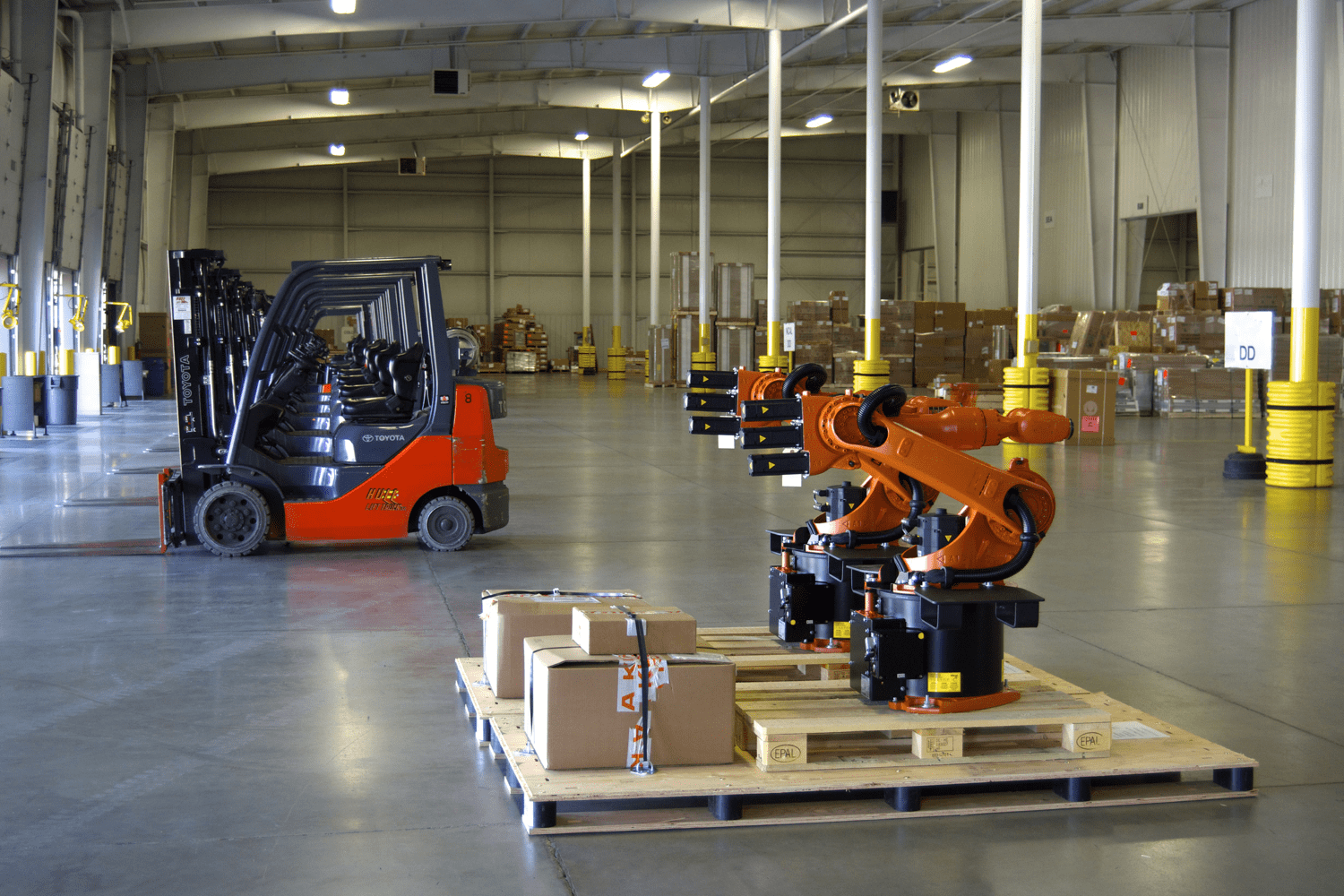The supply chain is one of the most vital functions of any company, and it affects every aspect of the business, directly or indirectly. Because it is so complex, however, it can be a challenge to keep the supply chain running as smoothly as desired. There are a countless number of things that can go wrong, from a truck breaking down and missing a production line delivery to a warehouse suffering a power outage. Since so many of these things are out of our control, it is important to keep open lines of communication across every part of the supply chain.
The moment something goes wrong, it should be communicated to everybody directly involved. From there, notification should be sent to all others who’re going to be affected, whether it’s the next manufacturing warehouse or the customer’s final distribution center. Many catastrophes could be avoided if communication was focused on from the ground level. Many soured business relationships could have been salvaged if both sides were simply open and honest with each other. It is better for both sides to be able to address the problem at the beginning rather than waiting for it to get worse.
As you develop stronger lines of communication with customers and vendors, you will notice that your supply chain will run more smoothly and efficiently. You’ll be able to catch unfavorable situations before they cause major problems, allowing you to focus on getting your shipments delivered safely and on time. If you establish trust throughout your supply chain, there will be fewer arguments and greater understanding when something does go wrong. As part of the supply chain, we are all in this together. We can reduce our stress levels and increase our productivity if we simply communicate in a clear and honest way.
To see how we’ll communicate with you and your supply chain, start today with Zip Xpress!





